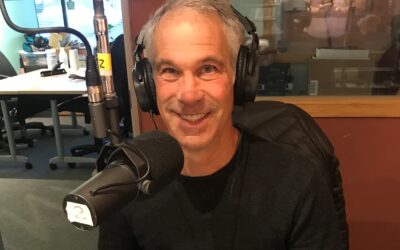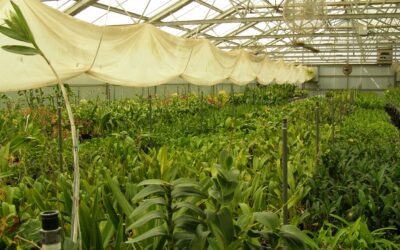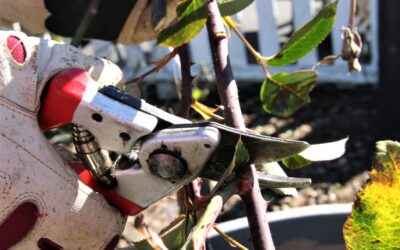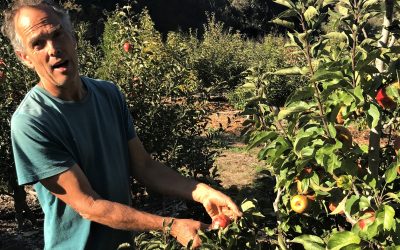Joe Truskot

Joe Truskot is host of three programs on KSQD Santa Cruz: Saturday morning’s classical music program “Music of the Masters” 6-9 a.m.; Saturday’s weekly garden show “In The Garden” 9-9:30 a.m.; and Monday Night at the Opera, 7-10 p.m.Truskot has spent more than thirty years involved with classical music; twenty as the executive director of the Monterey Symphony, nine as Director of Training for the League of American Orchestras and seven years as host and producer of classical music radio programs. For five years, he was the features editor and senior reporter at The Salinas Californian, part of the USAToday Network.He is a Master Rosarian and the author of The Central Coast Rose Manual, a guide to growing roses along California’s Central Coast. In 2006, he was named Consulting Rosarian of the Year by the Northern California, Nevada and Hawaii District of the American Rose Society. He is an avid gardener growing more than 250 different varieties of roses in his garden in Salinas, California since 1993. He has lectured throughout Northern California on gardening and rose-related topics.He is a dedicated supporter of the arts having run the Monterey Symphony for 20 years and served as a classical music announcer and producer for KUSP, a public radio station that once served California’s Central Coast. His personal music library contains more than 3,000 CDs with a digital library that lists more than 12,000 titles. He is committed to creating an ever-increasing audience for classical music radio programs and selects complete works performed at the highest level possible. The selections are chosen not only for their substance but for the dialogue they have with the other titles on the show.
Steven E. Popp
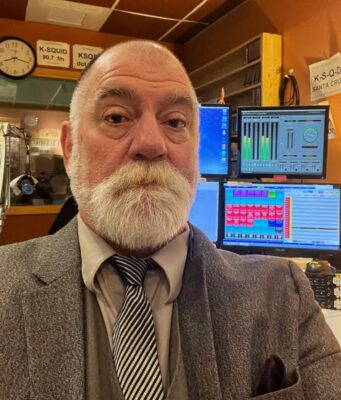
I truly believe that if everyone would plant a tree or shrub at least once a month, that we could begin to make a positive change. That change would be even greater if we all grew at least some of our own food and even better our own medicines. “Let food be thy medicine and medicine be thy food” said Hippocrates.
I try to grow plants, engage with the public, teach classes on various horticultural topics and sell plants to show that by working with nature (and not against nature) we can live in balance and harmony. “Feed the earth and the earth will feed you” is one of the composter’s credos.
Using permaculture and organic techniques we can create perennial food and apothecary gardens that provide food and health security not just for ourselves and loved ones but for the whole of our connectedness to all things.
By maintaining diversity and avoiding monoculture we can keep an equilibrium in the garden that can be pesticide-free and self-sustaining.
By sheet mulching, we can smother weeds without the use of herbicides while improving the moisture retention of the soil and hence conserve on water use.
By using only organic fertilizers and compost along with no-till planting practices we will improve the soil structure and allow for the many soil-borne microorganisms and mycelial connections to thrive.
And by sharing our excess harvests with family, friends, and even strangers we will strengthen our bonds of community.
This is the ‘sea change’ I wish to be a part of.
“There are no unsacred places; there are only sacred places and desecrated places.” wrote Wendell Berry. I hope you will join me in creating a “scared Earth” for all; one plant, one garden, both public and private, at a time.



